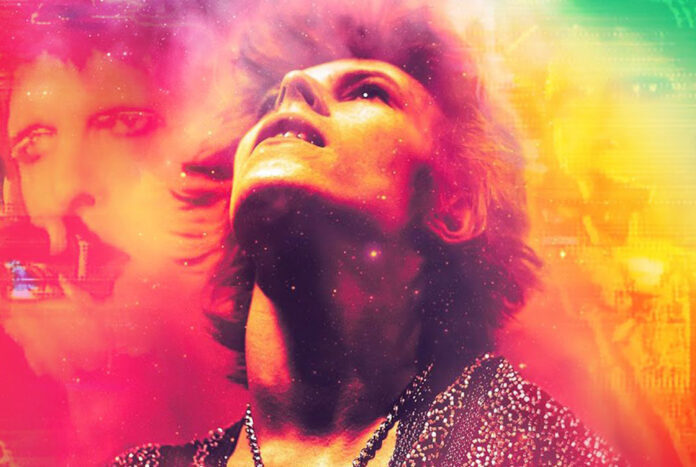
“ART is the desire of a man to express himself, to record the reactions of his personality to the world he lives in.”
For me, these words from American poet Amy Lowell encapsulate the life and work of the late great David Bowie, one of the most profoundly influential musicians of all-time.
The visionary Brixton-born singer lived and breathed his art right up to the very end – as proven with the release of his 25th album ‘Blackstar’, a parting gift three days before he passed away in 2016. The album – which includes the track ‘Lazarus’ – even featured a dead spaceman in the video along with the haunting lyric “look up here, I’m in heaven”.
Throughout his musical career, Bowie’s every move was perfectly choreographed. He used his androgynous physical form as the canvas to convey his tales of space invaders, false rock’n’roll prophets and forsaken astronauts. So much so, that when news broke of his unexpected death on January 10, 2016, it was deemed by American music producer Tony Visconti as “a work of art”.
In Brett Morgen’s new movie ‘Moonage Daydream’ (the first film sanctioned by the Bowie estate), we get a rare insight into the life and work of a global star who transcended music, art, fashion, and cinema.
This is the ‘Blade Runner’ of music documentaries, a prismatic braid of candid interviews and rare concert footage intertwined with fragments from music videos, movies, and photo shoots to overwhelm the senses.
In fact, it is hard not to watch it without thinking of Bowie’s alien character Thomas Jerome Newton in Nicholas Roeg’s 1976 film ‘The Man Who Fell To Earth’, who was transfixed by flashing newsreels and held captive by the hypnotic sounds of carnal rock music.
‘Moonage Daydream’ is a cinematic odyssey that explores Bowie’s creative, spiritual, and musical journey. It’s a visionary film that befits a visionary artist and leaves us with the life-affirming message that our existence is far from futile.
(5/5)






